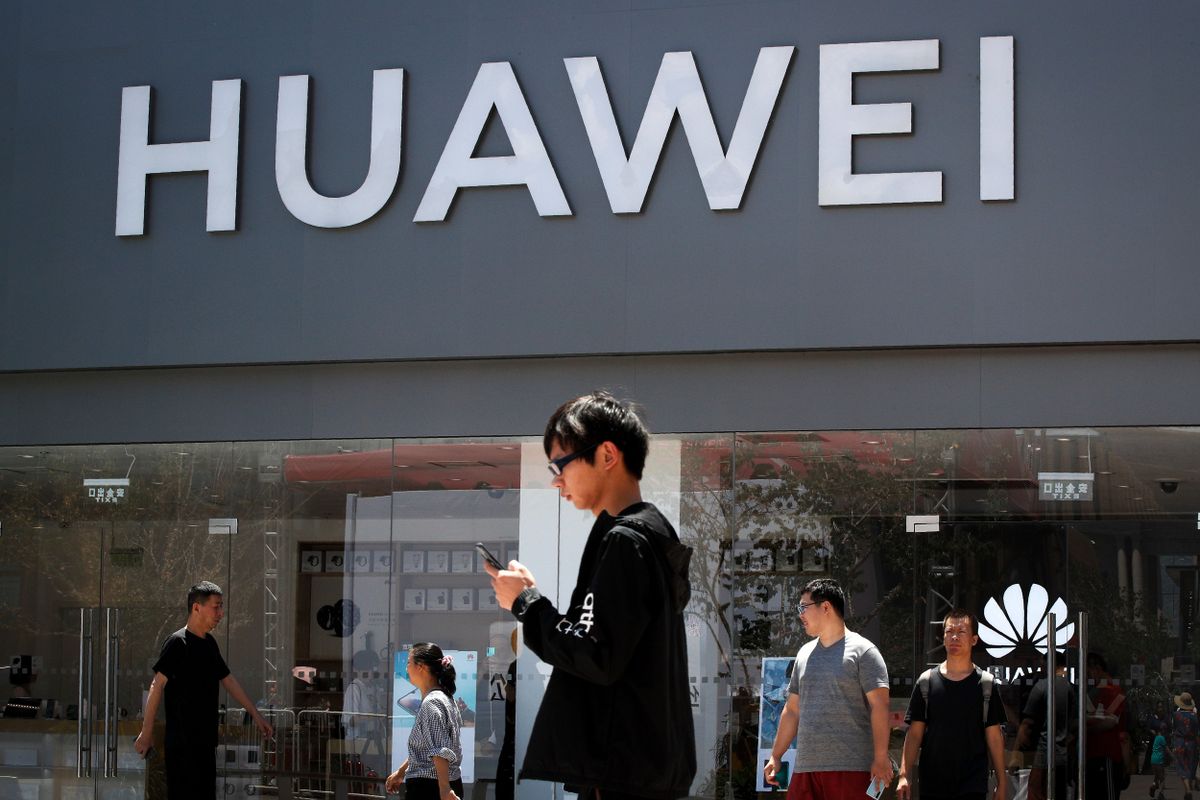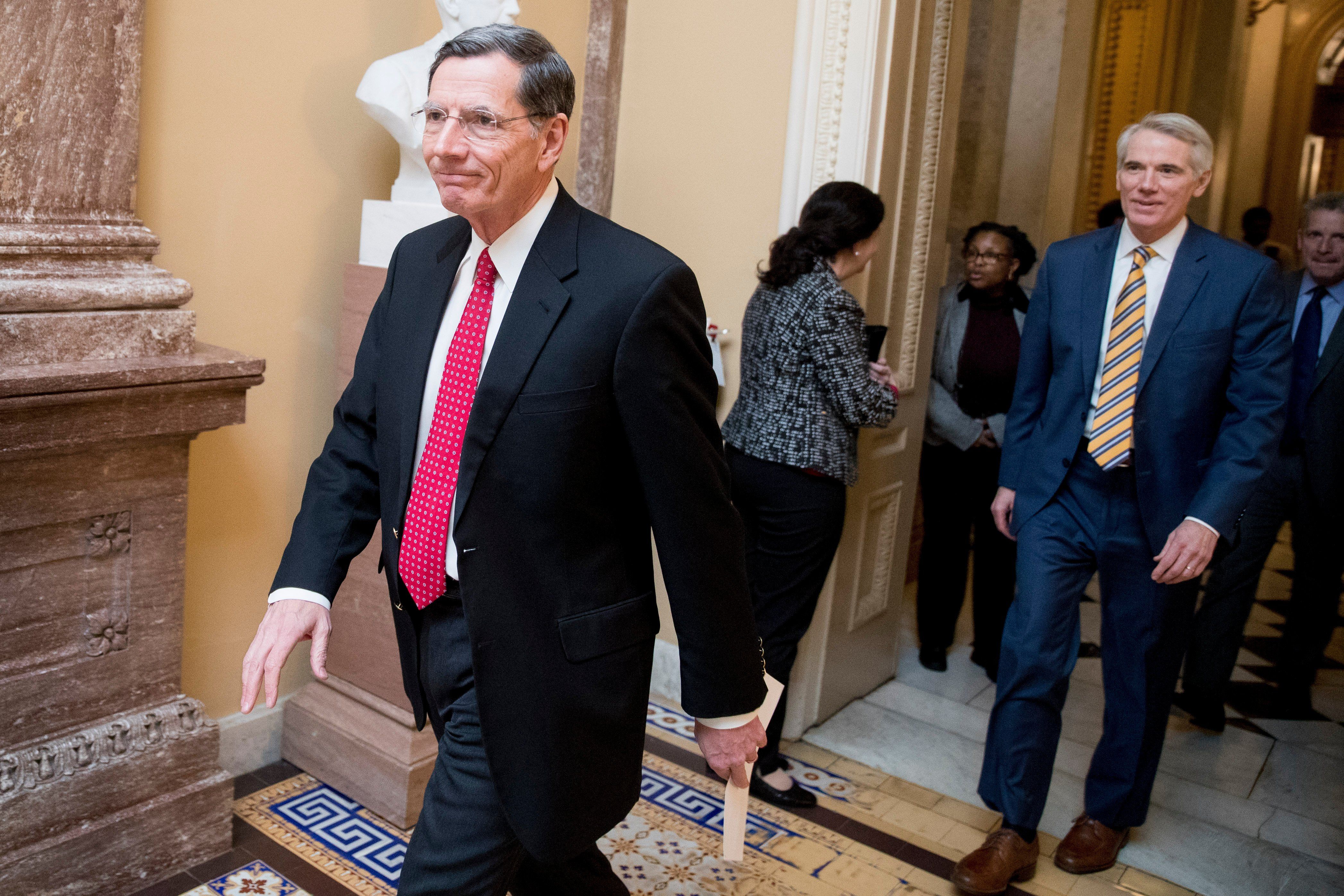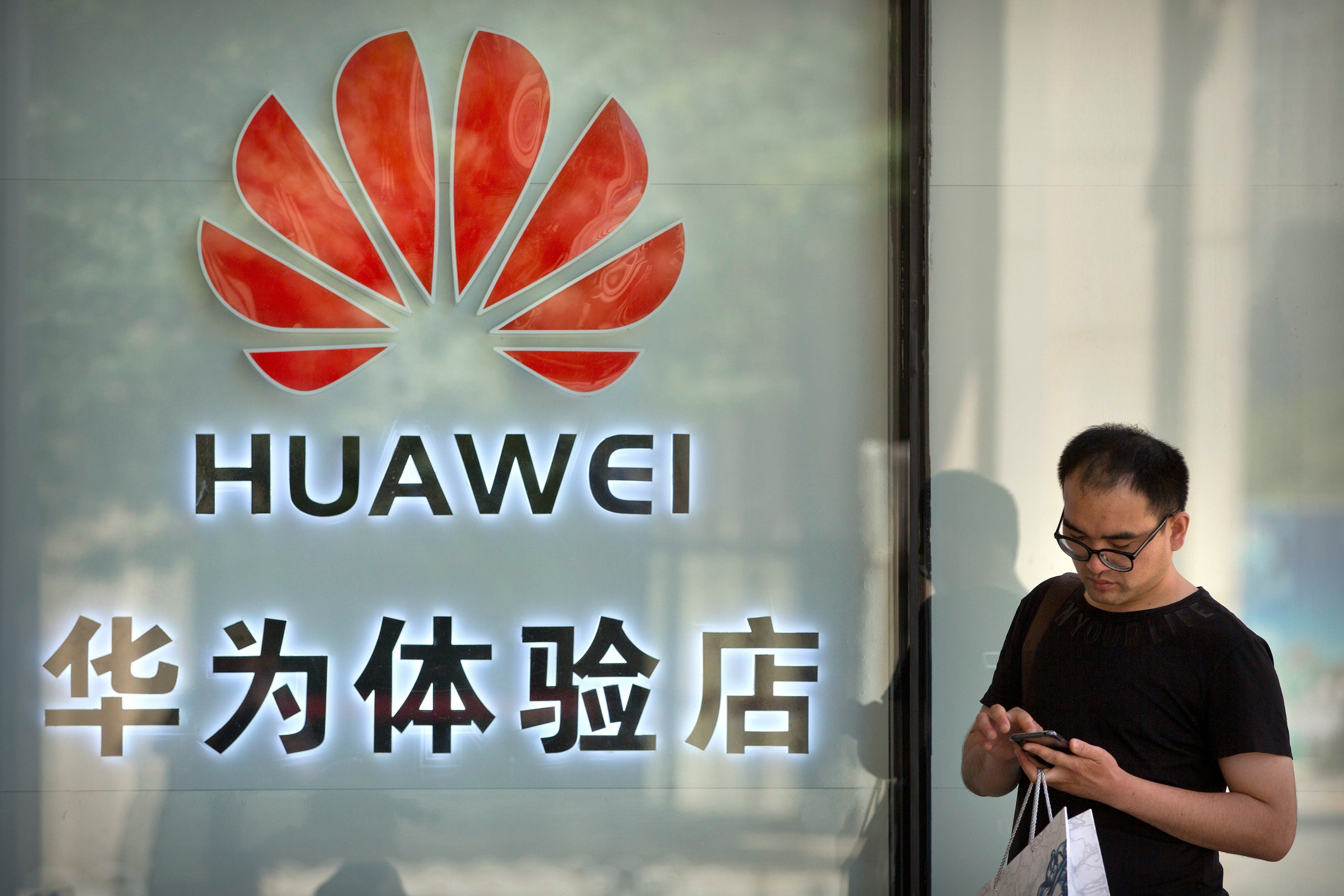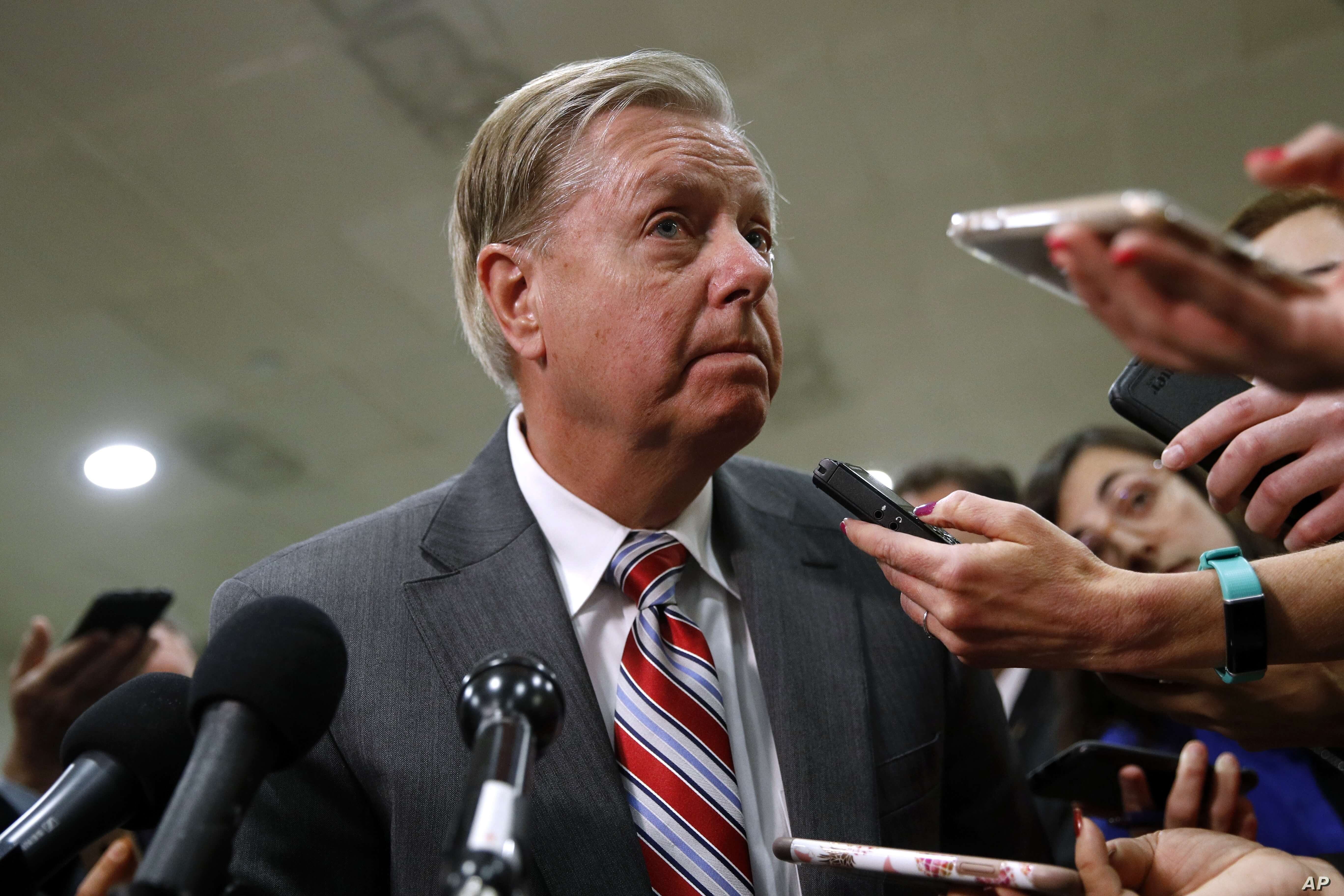
Congress Fumes as Trump Allows Select US Firms to Supply Huawei
National security hawks who normally side with U.S. President Donald Trump on foreign policy issues are up in arms over his announcement on Saturday that he would indefinitely delay the imposition of tariffs on $300 billion of Chinese goods and relax restrictions on U.S. firms doing business with Chinese telecommunications giant Huawei.
In a news conference Saturday that followed a bilateral meeting with Chinese President Xi Jinping at the Group of 20 summit in Osaka, Japan, Trump said: “U.S. companies can sell their equipment to Huawei. We’re talking about equipment where there’s no great national security problem with it.
'Entity List'
This represents a sharp reversal by Trump, whose administration on May 16 added the company to the “Entity List” kept by the federal Commerce Department. Inclusion on that list is viewed as a sort of death penalty for foreign firms, because it prevents U.S. companies from doing business with them without express permission from the Commerce Department.
In an announcement at the time, the department’s Bureau of Industry and Security said, “The U.S. Government has determined that there is reasonable cause to believe that Huawei has been involved in activities contrary to the national security or foreign policy interests of the United States.”
The company has been caught stealing trade secrets, evading U.S. bans on transferring technology to Iran, and is suspected — though never proven — to be an arm of the Chinese intelligence services.
Wyoming Sen. John Barrasso, an ally of the president, appeared on NBC’s "Meet the Press" and told moderator Chuck Todd, “I'm very concerned about Huawei. I think they are a threat to our national security.”

Asked if he thought Trump had made a mistake, Barrasso said, “I know the president is a dealmaker. He is working on this. I would not allow Huawei, certainly, into our country. He's making decisions about what our country and companies can sell overseas, to Huawei.
"To me, Huawei in the United States would be like a Trojan horse ready to steal more information from us," he added.
There is an important distinction to be made in the discussions surrounding U.S. policy toward Huawei that often gets lost.
'Back door' access
A major concern that many in the national security field have is that if Huawei equipment is used to build new 5G mobile data delivery systems, the Chinese government might be able to pressure the company to give Beijing’s intelligence services “back door” access to secure U.S. systems. A law on the books in China requires private companies to assist the intelligence services on demand.
However, in moves that predate the Trump administration — and which were recently strengthened — the federal government had already taken steps to prevent telecommunications firms in the U.S. from deploying equipment made by Huawei. In fact, the government’s focus on information security with regard to Huawei has been more focused on trying to persuade strategic partners and allies that the U.S. shares intelligence with to blacklist the company in their own countries.
The changes Trump announced over the weekend are different: He suggested easing recently imposed restrictions on U.S. companies selling their goods to Huawei — particularly intermediate goods like computer processors, circuit boards and the like, that the Chinese company needs to build its phones and networking equipment.
Huawei’s inclusion on the Entity List barred it from purchasing key parts for its equipment and from licensing vital software, like Google’s Android operating system, which runs on all of the millions of smartphones that Huawei sells each year.

New policy yet unclear
As of Sunday afternoon, it remained unclear exactly what sort of things U.S. firms would be able to sell to Huawei under the administration’s new policy, and how the Commerce Department would make its determinations.
The president’s decision to couple his trade war with Beijing with the Huawei ban is infuriating to many in the national security community, because it drags what they see as a pure national defense issue into the far more transactional world of trade negotiations.
“If President Trump has agreed to reverse recent sanctions against Huawei, he has made a catastrophic mistake,” Florida Sen. Marco Rubio wrote on Twitter Saturday. “It will destroy the credibility of his administration’s warnings about the threat posed by the company. No one will ever again take them seriously.”
Rubio went on to pledge that if Trump does reverse himself on Huawei, lawmakers would pass a new ban themselves, and predicted that both the House and Senate would do so with majorities large enough to override a presidential veto.
On Sunday, the administration rushed White House economic adviser Larry Kudlow onto the political talk shows to assure the president’s critics that any relaxation of the administration’s stance toward Huawei would have no national security implications.
“Regarding the Huawei story, let me just try to clarify that, there will be sales from American companies, but only in the sense of the general merchandise, things that are available in other places around the world,” Kudlow told Margaret Brennan on CBS’s "Face the Nation." “Anything to do with national security concerns will not receive a new license from the Commerce Department.”
The administration’s assurances only went so far in comforting lawmakers concerned about the president’s about-face with regard to Huawei.
South Carolina Sen. Lindsey Graham, a reliable supporter of the president in most cases, said he was withholding judgment on the question of whether the change is a good move.

“I don't know what he agreed to regarding exceptions to the ban,” he said on "Face the Nation." “If they're minor exceptions, that's OK, but if we're selling Huawei major technology, that would be a mistake. So I don't know.”
“It's clearly a concession,” Graham said. “There's some type of equipment we could sell to Huawei and other Chinese companies that would not hurt our national security.
"But there's a reason that Huawei has been on the banned list. It is a Chinese company owned by the Chinese government deeply controlled by the military that could be used to hijack technology, data and steal trade secrets and other things. So, I don't know the nature of the exception," he said.
"There will be a lot of pushback if this is a major concession. If it's a minor concession, I think it's part of the overall deal," Graham added.
 Senate Fails to Limit Trump War Powers Next PostKamala Harris Lands 2020 Endorsement from Two More Black Caucus Members
Senate Fails to Limit Trump War Powers Next PostKamala Harris Lands 2020 Endorsement from Two More Black Caucus Members







